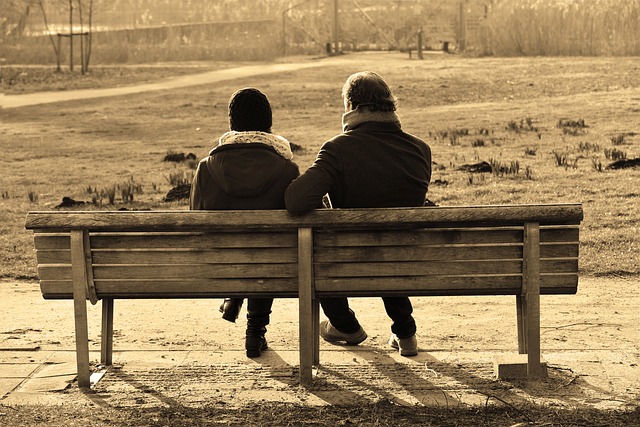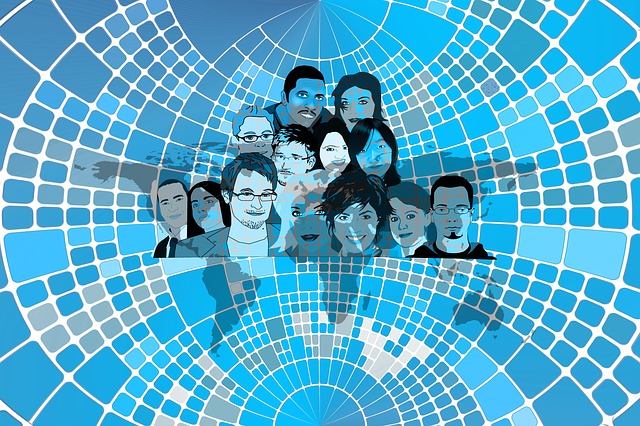In the recent online Mindful Healthcare Summit, Jon Kabat-Zinn spoke about the profound effects of practical mindfulness. While the context he spoke about was the healthcare arena – doctors, nurses, allied health professionals and related roles – his comments have universal application because they relate to us as human beings and are built on the latest neuroscience findings.
Getting out of our heads
Jon describes us as “perpetually self-distracting” – we continuously distract ourselves from the task at hand through our thoughts which are incessantly active. Disruptive advertising in social media aid and abet this self-distraction to the point where mobile devices are now described as “weapons of mass distraction“.
Jon encourages us to be awake to the world around us – to the people and nature that surround us. He suggests we need to move out of the “thought realm” into the “awake realm”. He comments that when we are in the shower in the morning, we are more likely to be mentally at a meeting rather than aware of the sensation of the water on our skin. When we arrive at work, we are likely to be thinking about, and talking about, the traffic we encountered on the way.
He suggests that a very simple practical exercise when we wake up is to be consciously aware of our body – to “really wake up” and feel the sensation in our legs, our feet, our arms. He urges us not to start the day by getting lost in thought but to start by inhabiting our own body. When we do so, we open ourselves to the profound effects of being present in the moment, of being open to our capacity for focus and inner creativity.
Listening to others
Jon maintains that “listening is a huge part of mindfulness practice”. To truly listen, you need to be present to the other person – not lost in your own thoughts. When you attend to the other person through active listening, they “feel met, seen and encountered”. Jon draws on the work of Dr. Ron Epstein to support this assertion. Ron, the author of Attending: Medicine, Mindfulness and Humanity, established through his research and medical practice that “attending” achieved improved health outcomes for both the patient and the doctor.
Being fully present
Jon maintains that while meditation and other mindfulness practices build your awareness, the essence of mindfulness is to be fully present whatever you are doing. He argues that “the kindest thing you can do to yourself is to be present in the moment”. Jon reminds us that “tomorrow is uncertain, yesterday is over” so to live in the past or the future is self-defeating, disabling and potentially harmful to our health and well-being. He encourages us to meet each day (which is all that we have) with a clear intention – a commitment to make a positive and caring contribution to whatever is our life/work endeavour. This will have the profound effect of enhancing our own mental health and resilience, while creating an environment that is mentally healthy for others.
Tapping into our inner resources
Sometimes we can be so focused on the needs (or expectations) of others that we overlook the need for self-caring in the face of the stresses of life and work. He challenges us to befriend our self by tapping into our deep inner resources and “boundaryless awareness“. He contends from his own research and practice in Mindfulness-Based Stress Reduction (MBSR) that our bodies are “intrinsically and genetically self-healing” and that we are our own “deepest resource for health and well-being”. We need to access these healing inner resources through the practice of mindfulness in our daily life and work.
As we grow in mindfulness through mindful action in our life and work and mindfulness practices, we can tap our limitless inner resources, become increasingly self-healing, develop mentally healthy environments for others and achieve a higher level of fulfillment and happiness.
____________________________________________
Image by jamesoladujoye from Pixabay
By Ron Passfield – Copyright (Creative Commons license, Attribution–Non Commercial–No Derivatives)
Disclosure: If you purchase a product through this site, I may earn a commission which will help to pay for the site, the associated Meetup group and the resources to support the blog.


